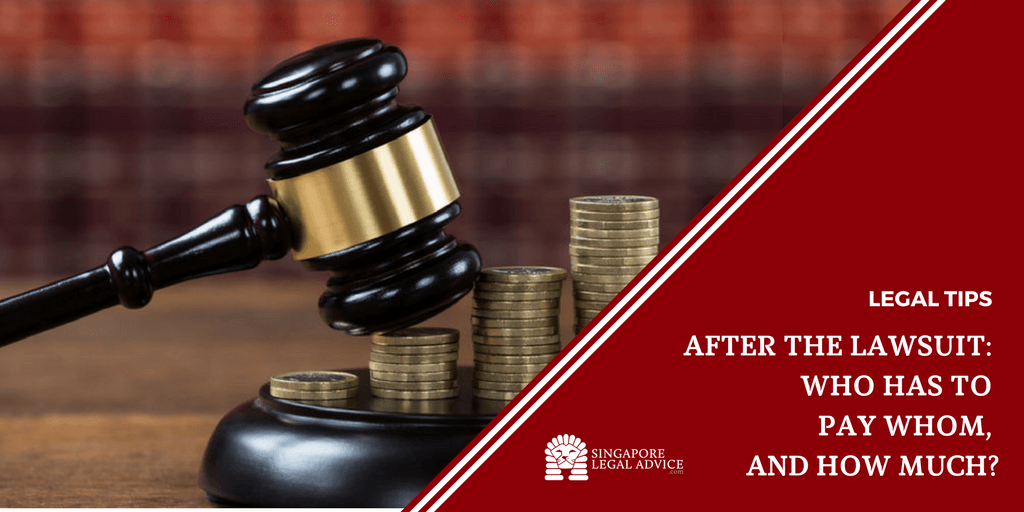Step 1: Identify Your Claim Type
- Personal Injury Lawyer → Car accidents, workplace injuries, slip & fall.
- Medical Malpractice Lawyer → Wrong treatment, surgical errors.
- Product Liability Lawyer → Harmful or defective products.
- Employment Lawyer → Wrongful termination, discrimination.
- Insurance Lawyer → Denied or delayed insurance claims.
Why? Because law is specialized; the best lawyer for a car accident might not handle medical negligence.
Step 2: Create a Lawyer Shortlist
- Search Online: Use trusted sites like Avvo, Martindale, FindLaw (or country-specific lawyer directories).
- Referrals: Ask friends, family, or professionals who had similar claims.
- Bar Association: Visit your local or state bar association’s website for verified lawyers.
- Social Proof: Check Google reviews, LinkedIn, or local law firm ratings.
Step 3: Check Experience & Success Rate
- How many cases like yours have they handled?
- What is their success rate (settlements vs. trials)?
- Do they focus mainly on compensation & claims or do general law?
- Ask: “Have you handled claims over [$Amount] before?”
Step 4: Check Payment Structure
Most good claim lawyers work on a contingency fee (No Win, No Fee):
- Pros: You pay only if you win (they take 25%–40% of the settlement).
- Cons: Higher fee percentage if your case goes to court.
Tip: Avoid lawyers who demand large upfront fees for claims.
Step 5: Free Consultation (Interview Lawyers)
- Prepare 5 key questions for the first call:
- Have you handled similar cases to mine?
- What was the highest compensation you won for a case like this?
- How long will my case take?
- What is your fee structure?
- Will you handle my case personally or pass it to juniors?
- Choose 2–3 best lawyers and compare answers.
Step 6: Check Resources & Team
- Big claims need lawyers with a team (investigators, medical experts, accident reconstruction experts).
- A small lawyer without resources may push for a quick, low settlement.
Step 7: Trust Your Gut
- Choose someone who listens carefully, explains clearly, and shows confidence without arrogance.
- If something feels wrong (like rushing you to sign), walk away.
Step 8: Sign Agreement Carefully
- Read the fee contract carefully:
- Contingency percentage.
- Who pays case costs if you lose.
- How they update you (monthly? after major developments?).
Quick Checklist
- Specialist in your claim type
- Proven track record (reviews & case results)
- No upfront fees (contingency preferred)
- Good communication & transparency
- Clear contract terms
Pro Tip (Insider Secret)
- Big Cases → Big Law Firms: If your claim is worth more than $100,000 (serious injury, medical negligence), look for “Top Trial Lawyers” in your state. They have negotiation power and are feared by insurance companies.
- Smaller Claims → Solo/Local Firms: For claims under $10,000, local lawyers or legal aid might be cheaper and faster.
Do you want me to:
- Give you a list of questions to instantly filter bad lawyers?
- Make a one-page “Lawyer Selection Sheet” (easy to use)?
- Explain how to check if a lawyer is fake or a scammer?
Which one should I make first?
Here are 20 powerful tips to help you find the right lawyer and handle them smartly (especially for compensation & claims):
20 Advanced Tips for Choosing & Working with the Right Lawyer
Research & Selection
- Use Verified Directories – Check official lawyer directories (like your country’s Bar Council or Avvo, Martindale-Hubbell) to avoid fake lawyers.
- Specialization is Key – Choose a lawyer who only handles cases like yours (e.g., personal injury or medical negligence), not someone doing all types of law.
- Check Case History – Ask how many similar cases they’ve won in the last 2 years. Avoid lawyers who say “we handle everything.”
- Look for Trial Experience – Some lawyers settle fast for low amounts; trial-experienced lawyers scare insurance companies into paying more.
- Check Online Reviews – Read reviews on Google, Facebook, or LinkedIn. Focus on clients who had similar claims.
- Ask for References – A confident lawyer will give you 1–2 past clients (with permission) to talk to.
- Check Their License – Use your state/country’s official bar website to confirm their license and see if they have past disciplinary actions.
Initial Consultation
- Prepare Documents Beforehand – Accident reports, medical bills, photos, insurance letters. A good lawyer will appreciate your preparation.
- Ask About Their Team – Big claims require experts (medical consultants, investigators). Ask: “Do you have in-house experts or partner firms?”
- Test Their Communication – If they take days to reply in the start, imagine how they’ll act during your case.
- Understand Fees Clearly – Most work on contingency (25%–40%). Ask if case costs (e.g., expert witnesses, filing fees) are included or separate.
- Ask for a Timeline – How long similar cases take. If they promise “quick money,” be cautious—it’s often a sign they settle low.
Negotiation & Agreement
- Negotiate Fee Percentage – If your case is very strong, some lawyers agree to a slightly lower contingency fee (e.g., 30% instead of 35%).
- Check Who Will Handle Your Case – Sometimes senior lawyers sign you up but juniors handle everything. Ask who exactly will manage your file.
- Understand Settlement Authority – Decide if they need your written approval before accepting any settlement offer.
During the Case
- Ask for Monthly Updates – Agree in writing that they will update you at least once every month or after any major change.
- Keep Your Own File – Store copies of all documents, even if your lawyer has them.
- Don’t Hide Anything – Be honest about any past accidents, health issues, or other claims—insurance companies dig deep.
- Be Professional with Them – Treat your lawyer like a partner. Respect their time, and they will prioritize your case more.
- Be Ready to Change Lawyers If Needed – If you feel ignored or they push you to take a low settlement, you can switch lawyers (many states allow this).
Pro Secret
- Lawyers love organized clients. If you come with proper documentation and a clear story, they fight harder because they see you’re serious.
- Insurance companies respect lawyers known for going to trial; if your lawyer has that reputation, you get higher settlements faster.
Do you want me to also make:
- A quick “Lawyer Selection Checklist PDF” (print & use instantly)?
- A script of what to say on your first lawyer call so you sound professional?
- A step-by-step plan to check if your lawyer is actually good (within 7 days of hiring)?
Which one do you want first?





Leave a Reply